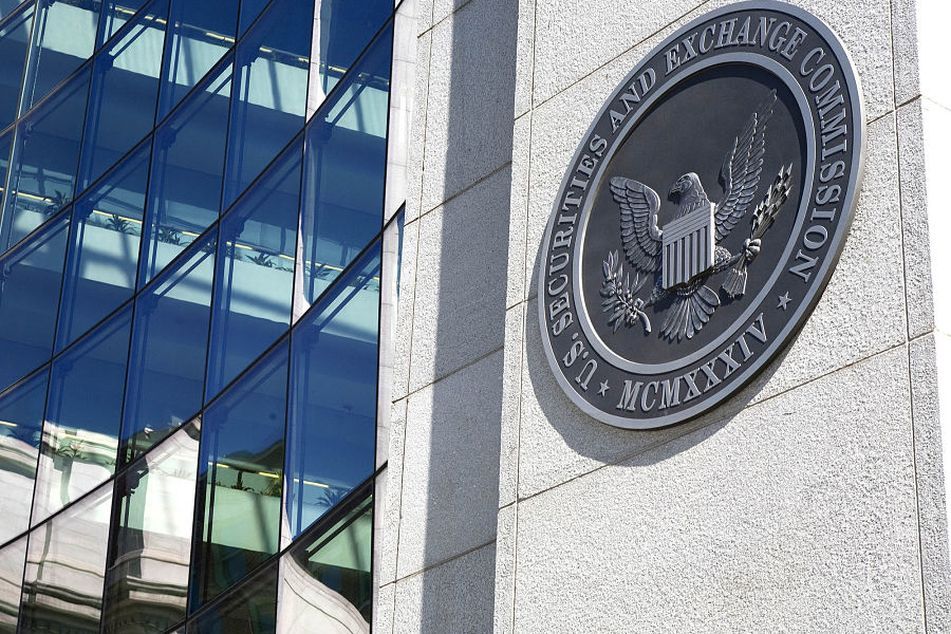Industry groups question justification, cost of SEC trading-execution reforms

Critics say proposals that target payment for order flow try to do too much, too fast, and conflict with rules in place that are working.
SEC proposals designed to help investors get better prices for their stock trades are getting strong pushback from financial industry groups that argue they’re not needed and would increase costs for investors.
Late last year, the Securities and Exchange Commission proposed four rules that focus on increasing competition for equity orders. One would require open auctions for certain orders. Another, Regulation Best Execution, would set a standard for broker-dealers and other market participants, and require policies and procedures on finding the most favorable price points for customers.
The proposals stem in part from concerns about payment for order flow, a process in which brokerages sell customer orders to market makers that offer the highest prices. Those transactions came into question during the trading frenzy surrounding GameStop and other meme stocks in early 2021.
Financial industry trade associations generally said they agreed with the SEC’s effort to increase transparency and competition for orders, but they opposed the agency’s approach, asserting the SEC is trying to do too much, too fast for no reason.
“As a baseline matter, the SEC failed to identify a market failure that would justify the dramatic structural changes proposed, yet the proposals, individually and together, would result in fundamental changes with uncertain and consequential results,” Securities Industry and Financial Markets Association CEO Kenneth Bentsen Jr. said in a statement Friday, the day public comments were due on the proposals. “SIFMA commissioned a study included with our comments demonstrating that the cumulative effects of the proposals likely overstate the purported benefits and likely understates the costs of its proposals.”
The Investment Company Institute, which represents the mutual fund sector, told the SEC to slow down.
“The SEC has issued a large number of proposals that will lead to far-reaching and interconnected changes to the equity and fixed income markets,” ICI CEO Eric Pan said in a statement. “They total more than four thousand pages, and none can be considered in isolation. ICI urges the Commission to take a considered approach and thoughtful pace regarding its market structure proposals.”
Proponents of payment for order flow say that it allows commission-free trading. But SEC Chairman Gary Gensler has questioned whether investors are consistently getting the best deal possible.
In its comment letter, SIFMA said the SEC hasn’t justified why Regulation Best Execution is necessary.
“SIFMA believes the existing rules work very well to support best execution in today’s markets,” Ellen Greene, SIFMA managing director of equity and options market structure, wrote in the letter Friday. “The Commission has not articulated a single quantifiable benefit that would result from the adoption of Reg Best Ex or that would justify the significant costs and burdens to broker-dealers (and, in turn, investors).”
ICI warned that Regulation Best Execution would hinder financial advisors’ ability to get the best trading prices for their customers in discretionary accounts.
“Having advisory accounts subject to the enhanced due diligence measures for ‘conflicted transactions’ and the competitive auction function would … result in worse average executed prices for those advisory accounts as advisers would no longer be able to aggregate orders and utilize economies of scale,” ICI deputy general counsel Sarah Bessin and assistant general counsel Kevin Ercoline wrote in a comment letter filed Friday.
Regulation Best Execution would upend a retail broker-dealer’s business model, which “currently maximizes efficiency and returns,” American Securities Association CEO Christopher Iacovella wrote in a comment letter Friday.
“Prescriptive requirements can ultimately cost the customer more out of pocket, and we caution the SEC from pushing firms into untenable situations when current best execution requirements are working well for markets and customers,’ Iacovella wrote.
Similar concerns have been aired by bipartisan lawmakers.
Learn more about reprints and licensing for this article.








